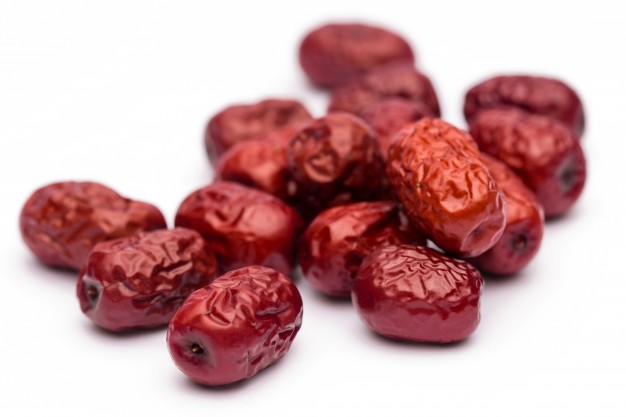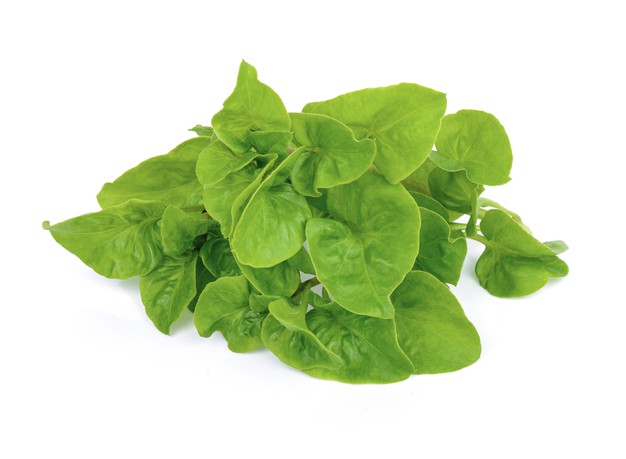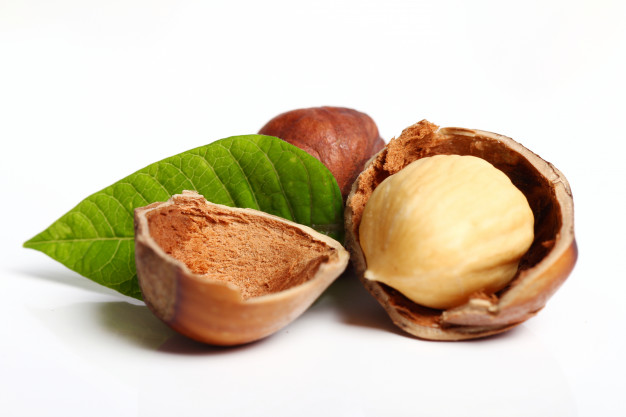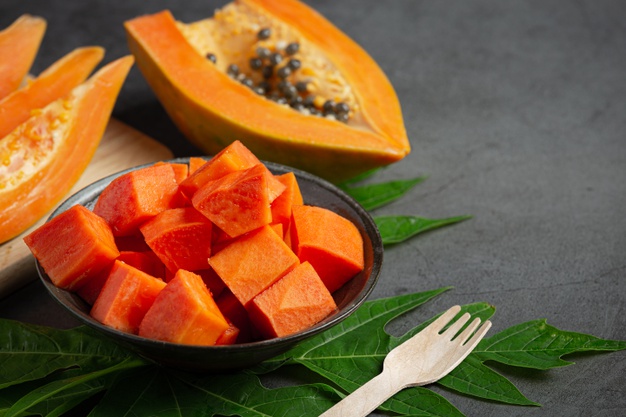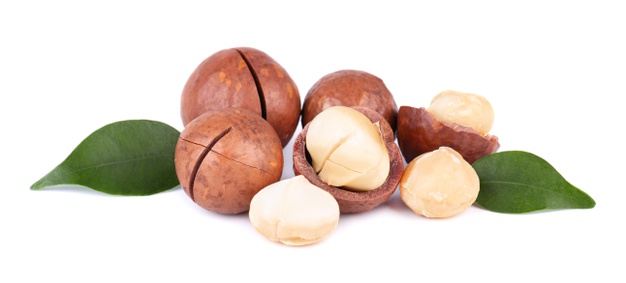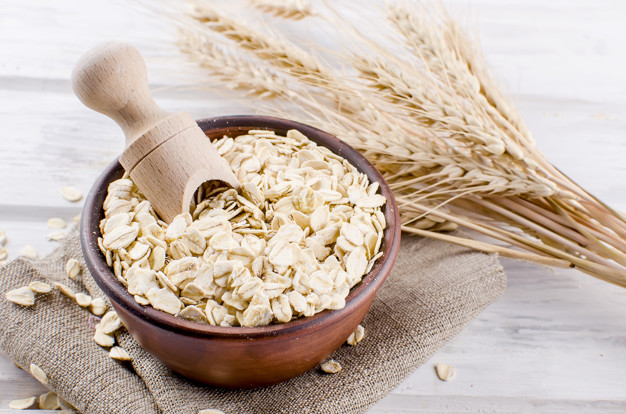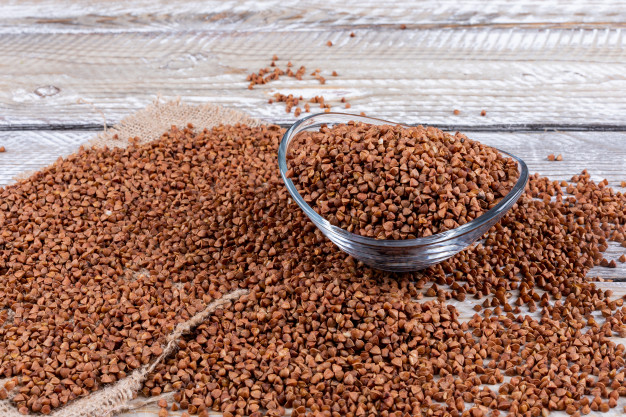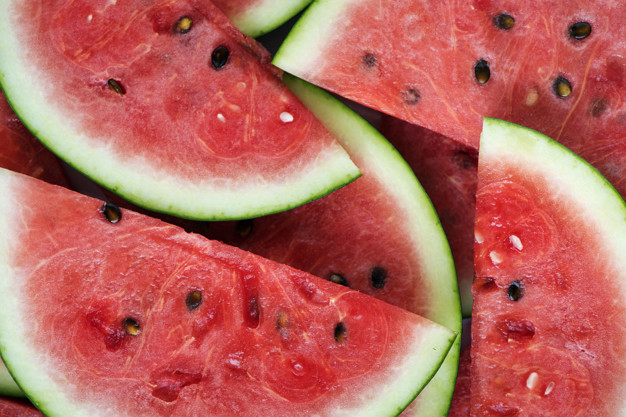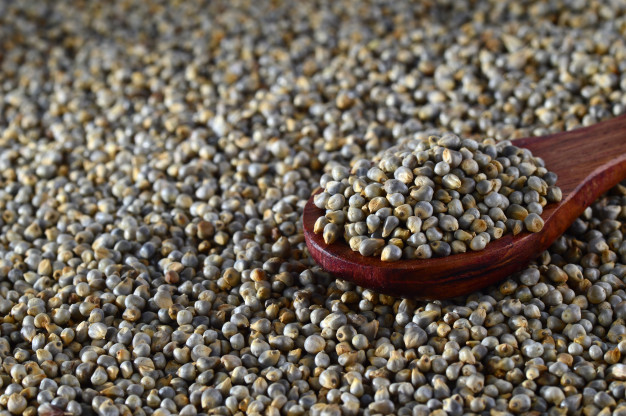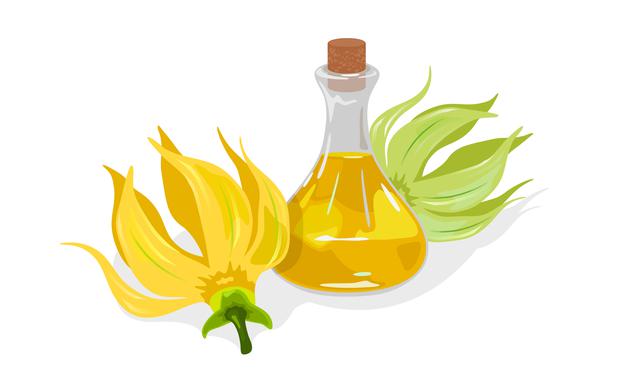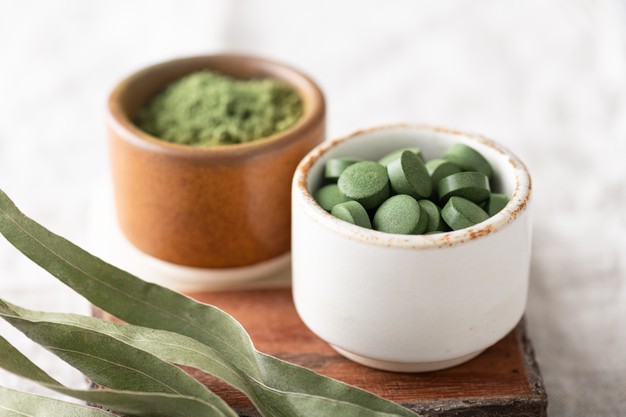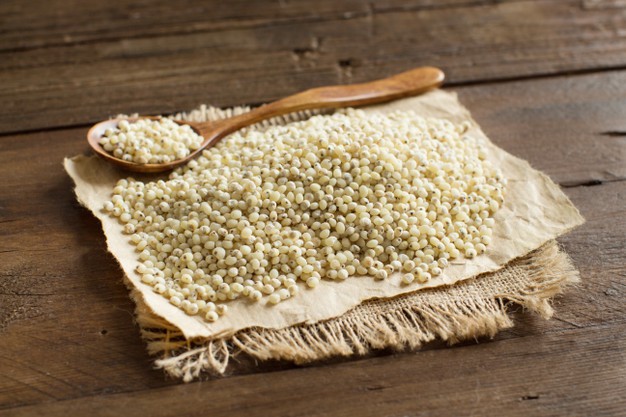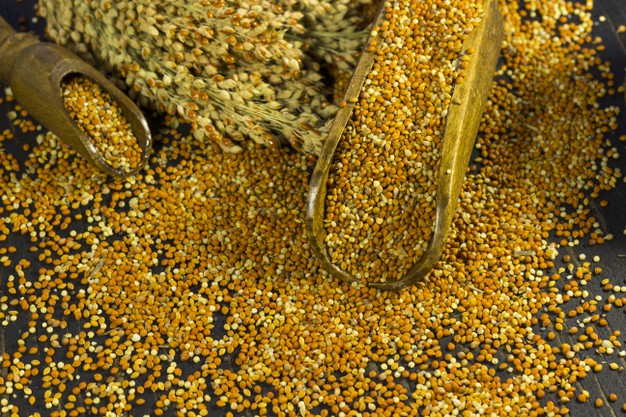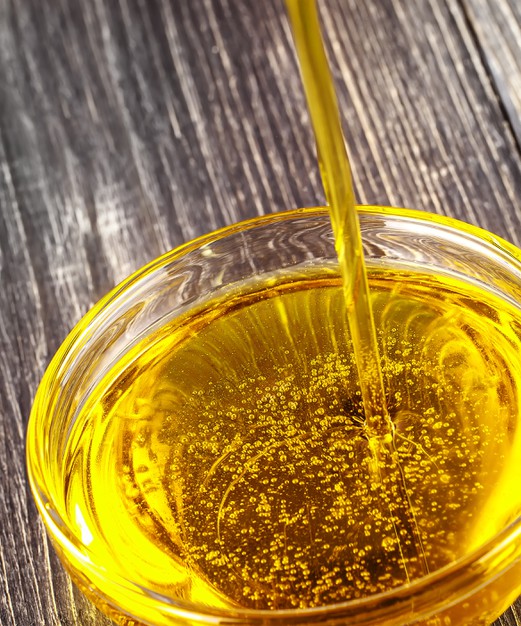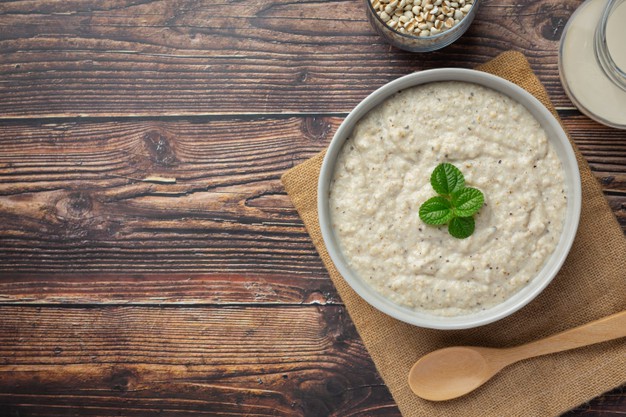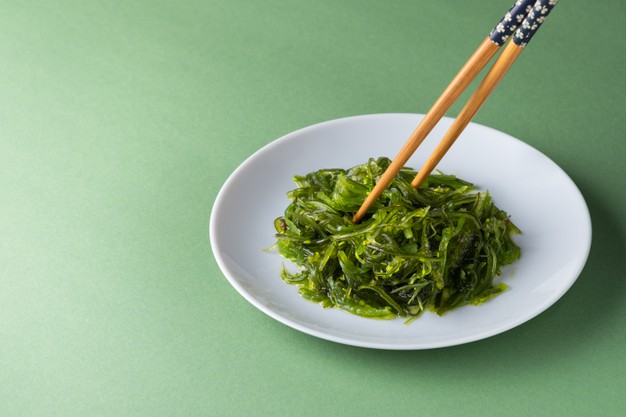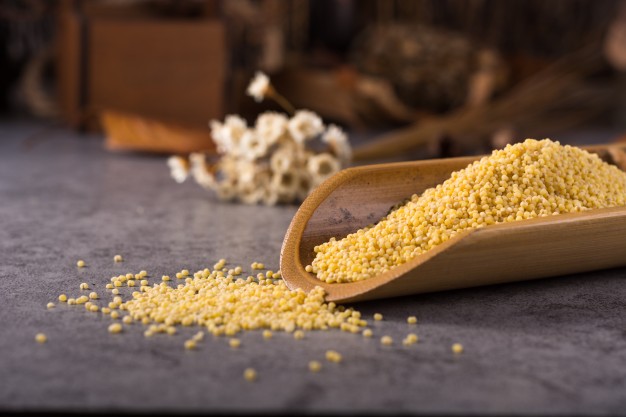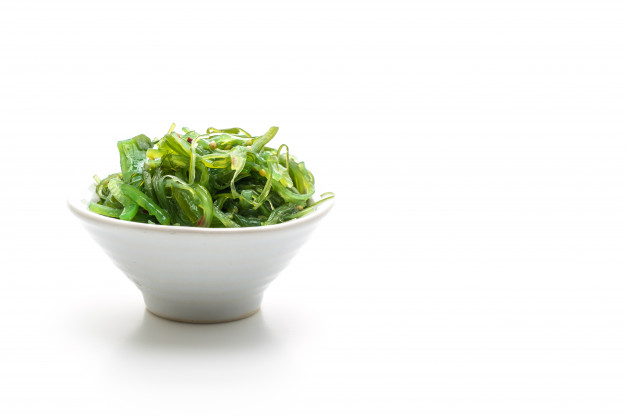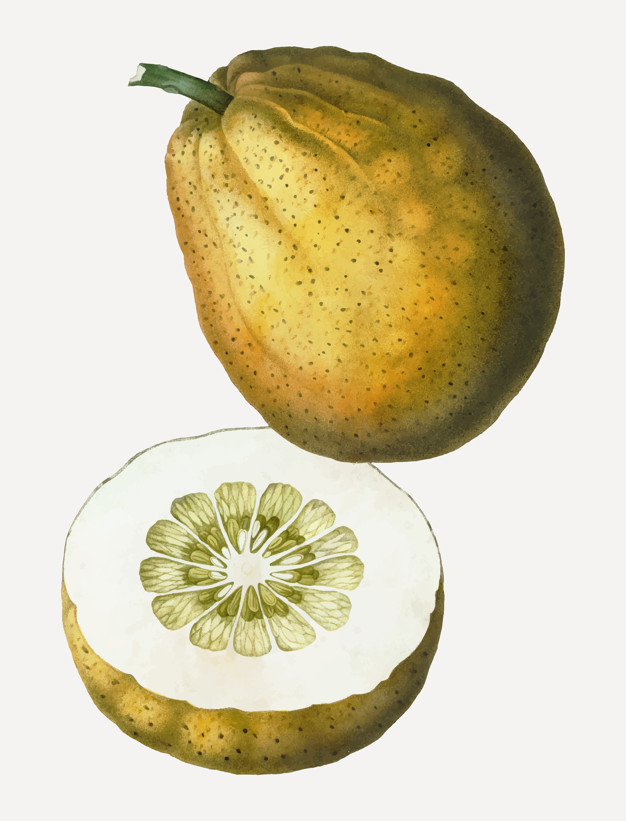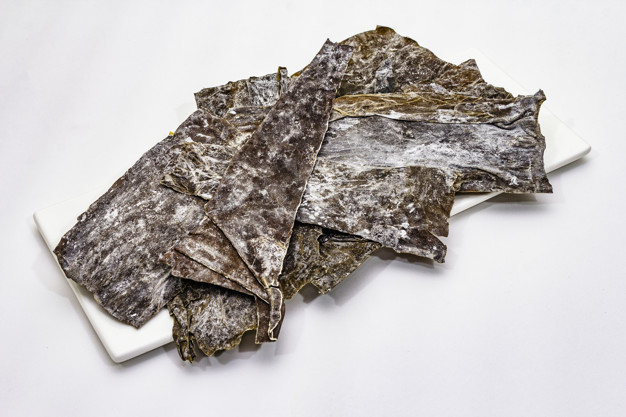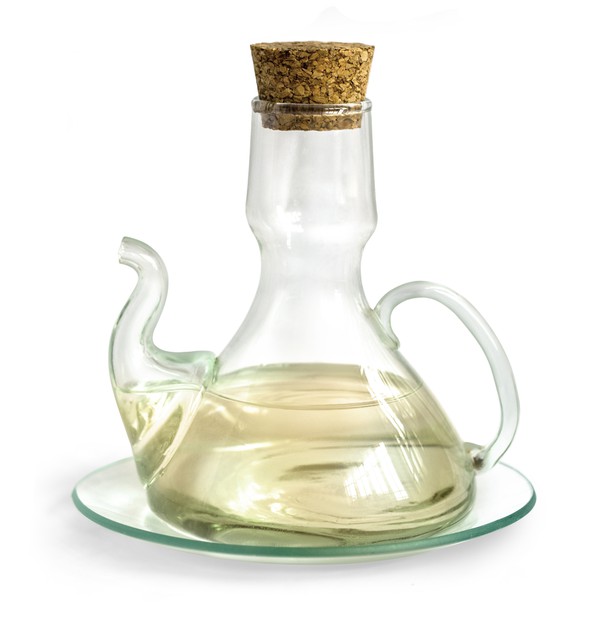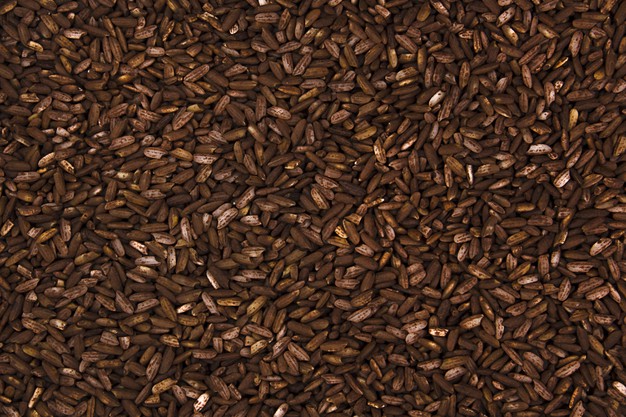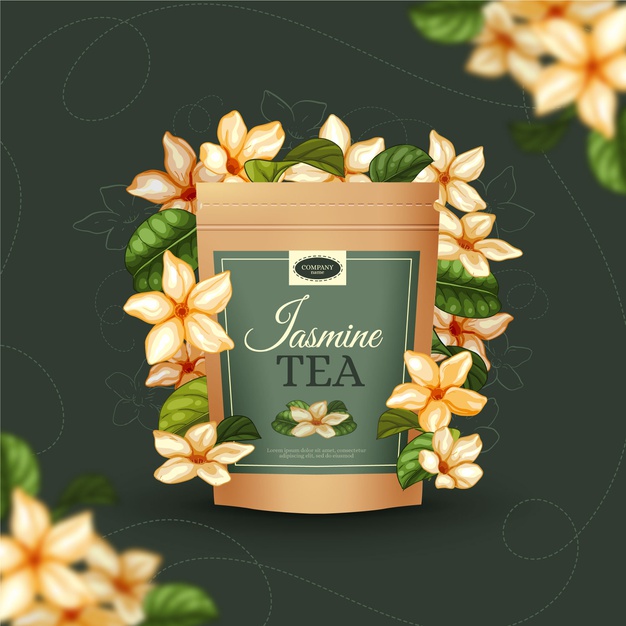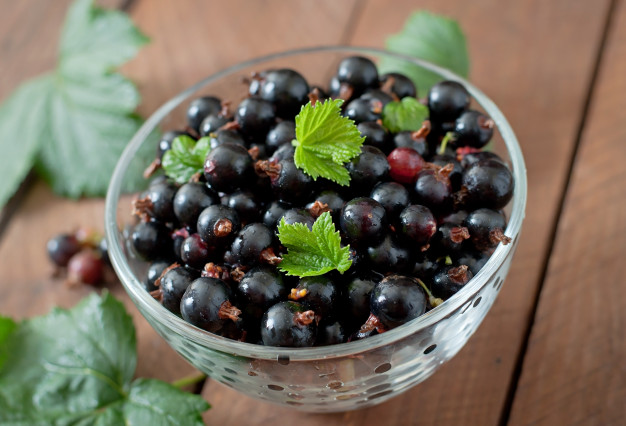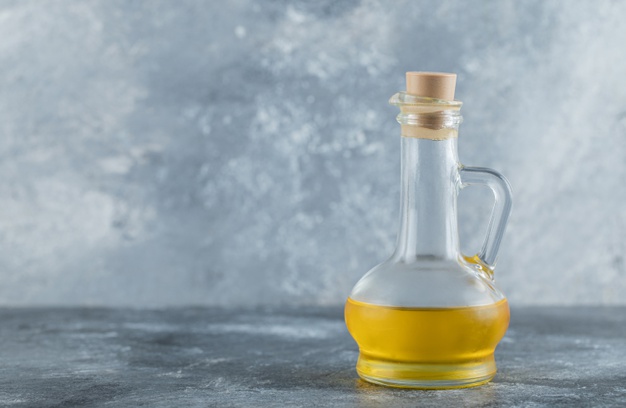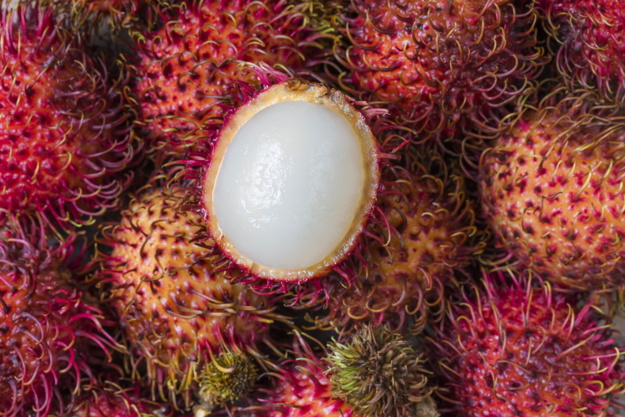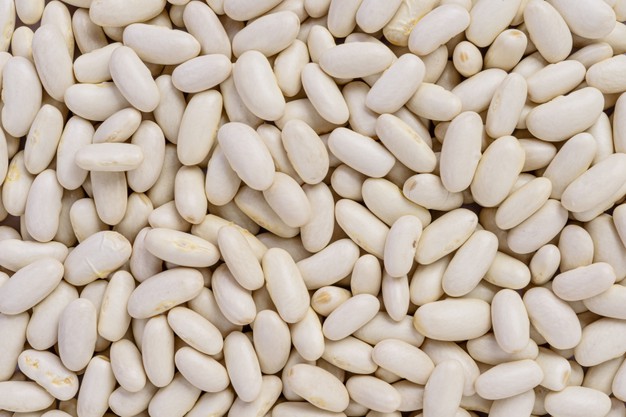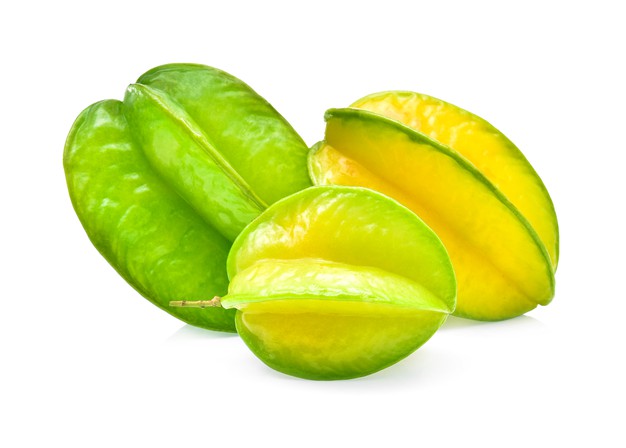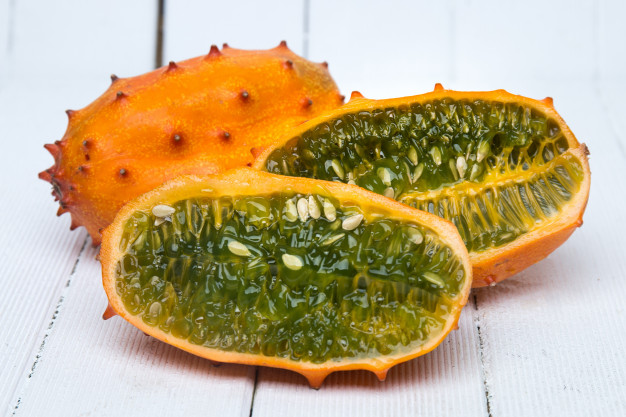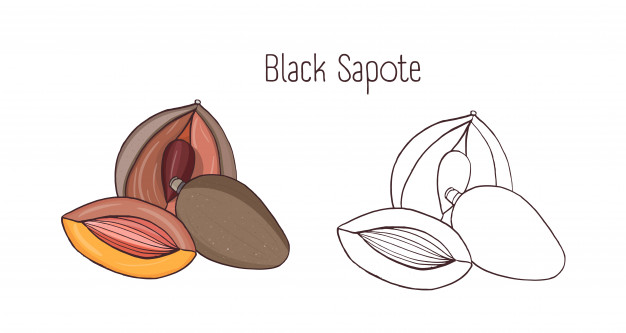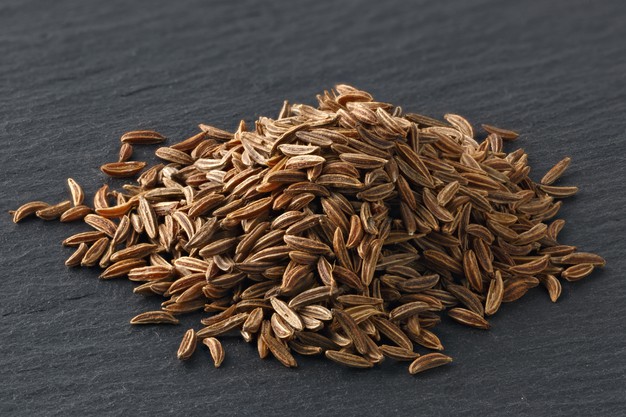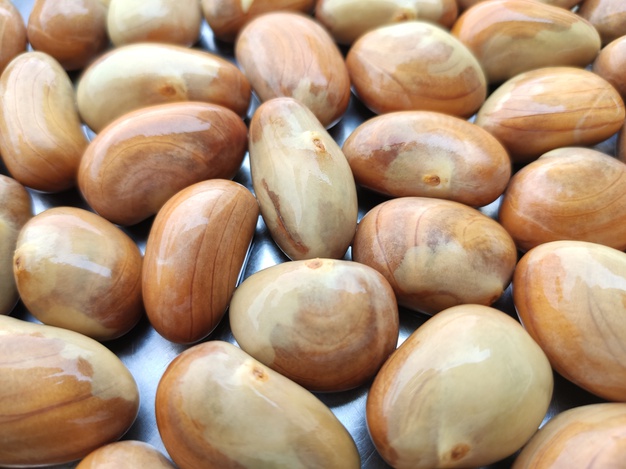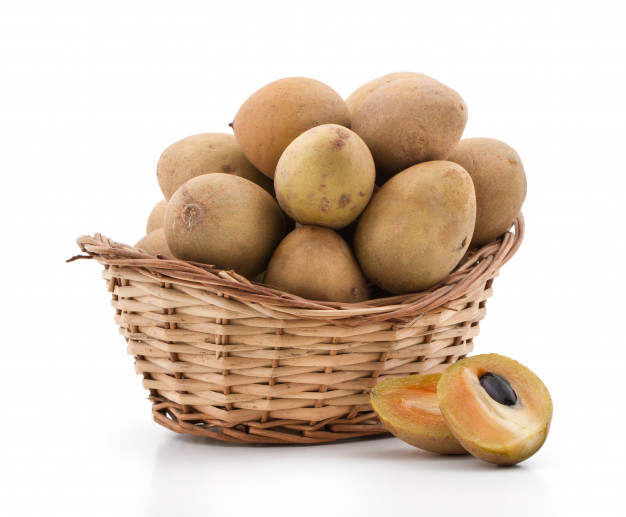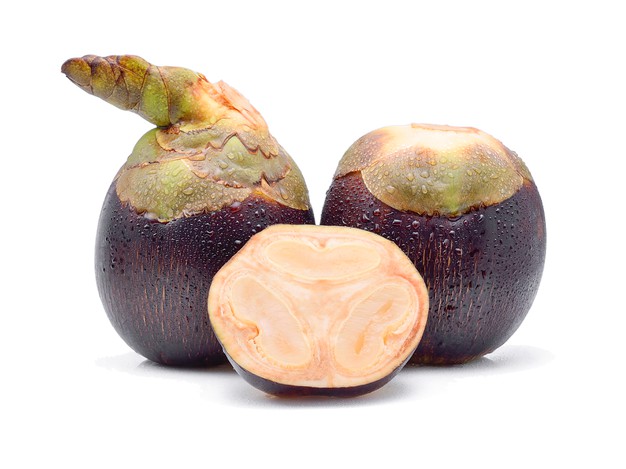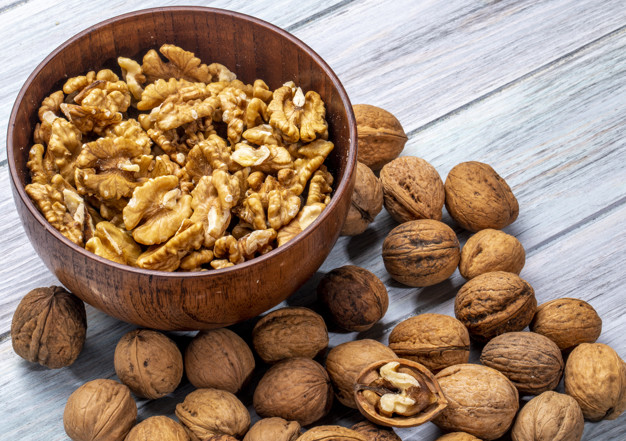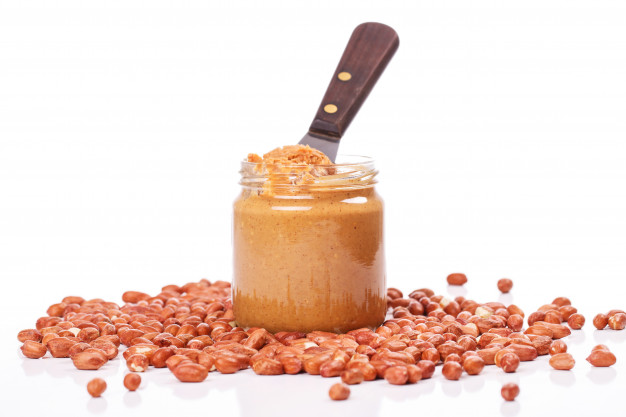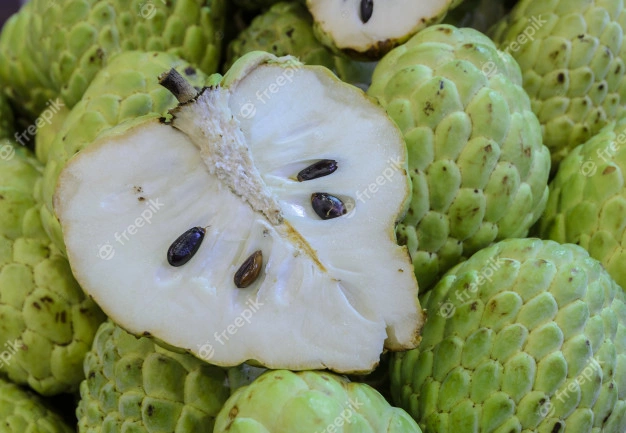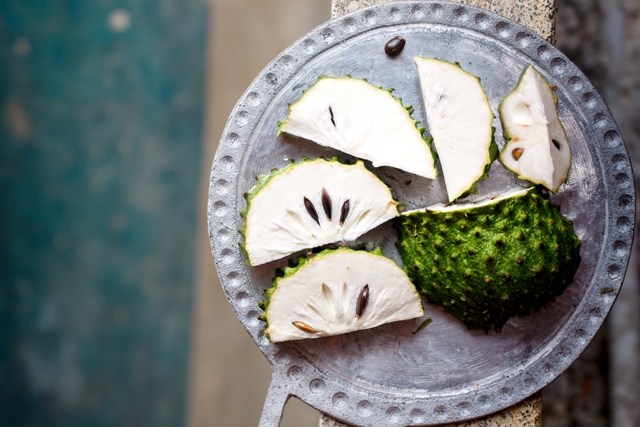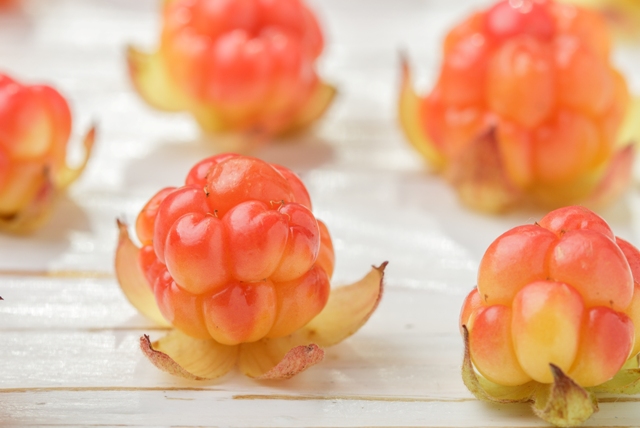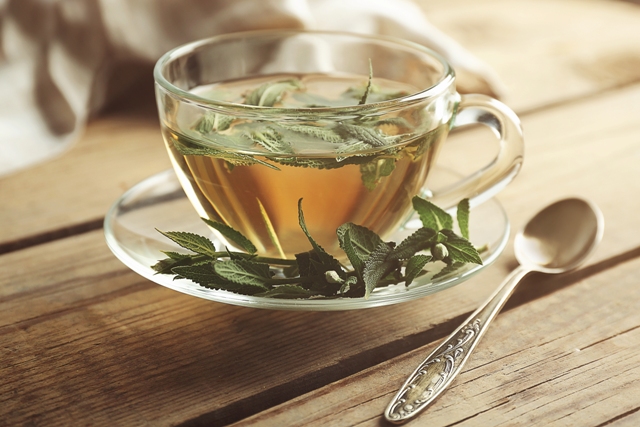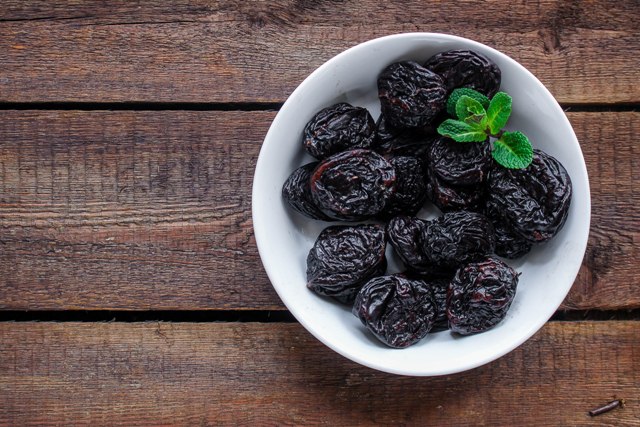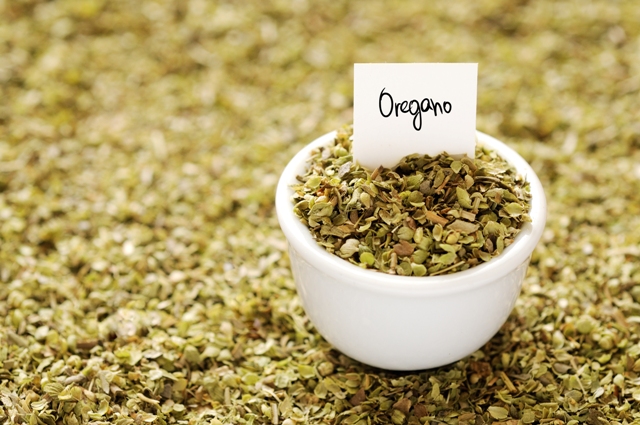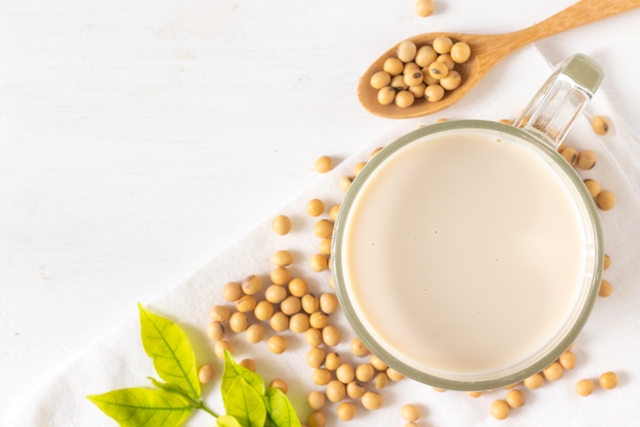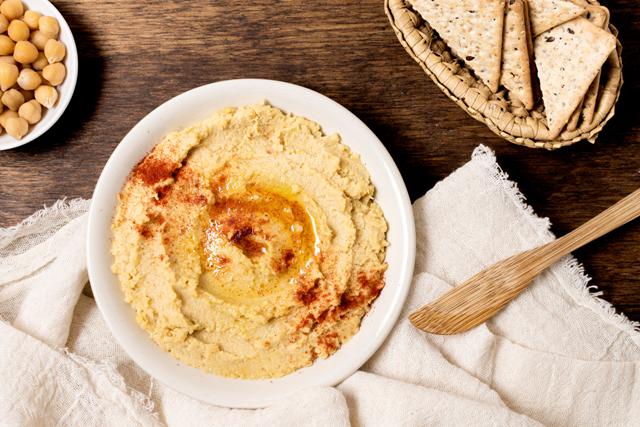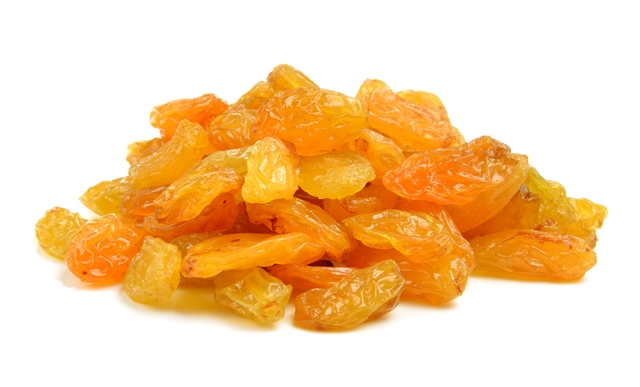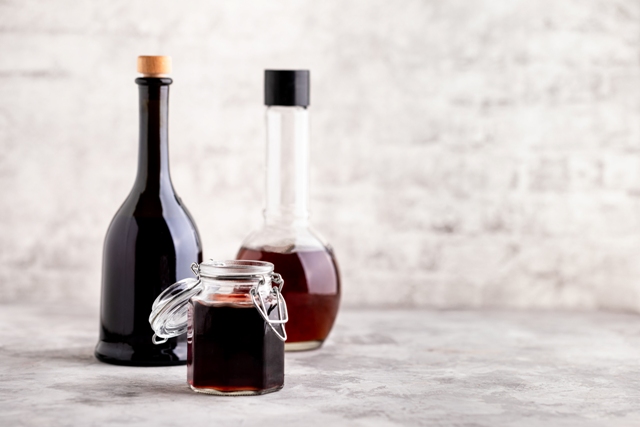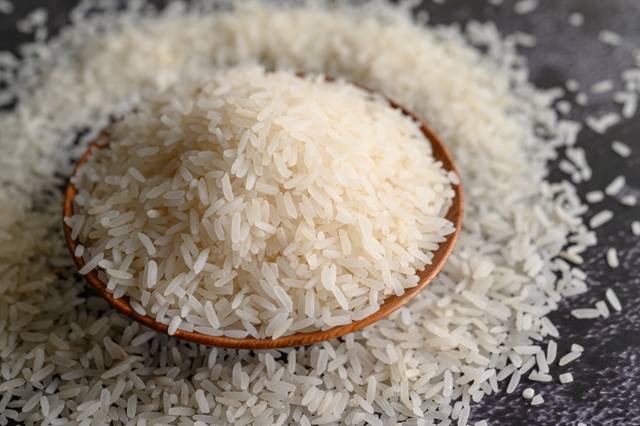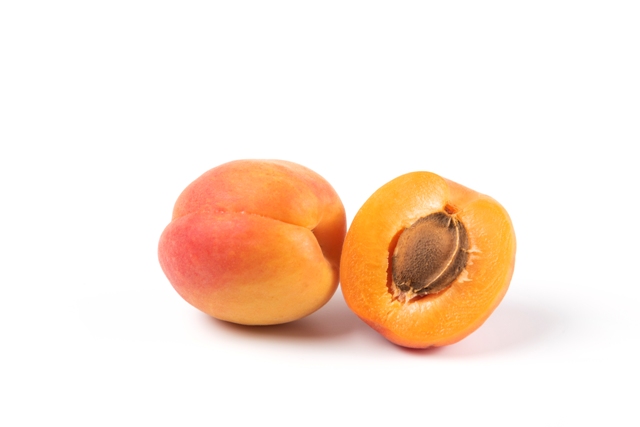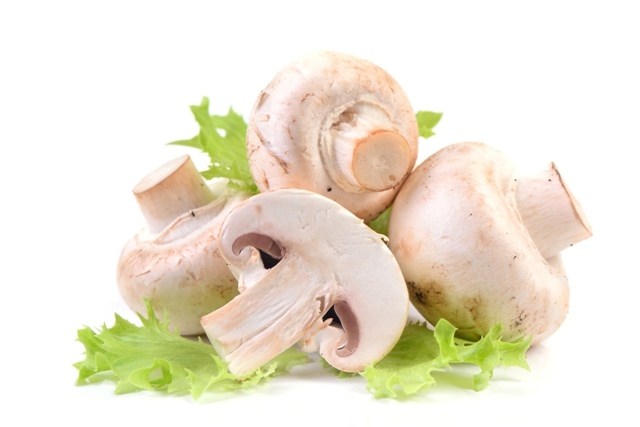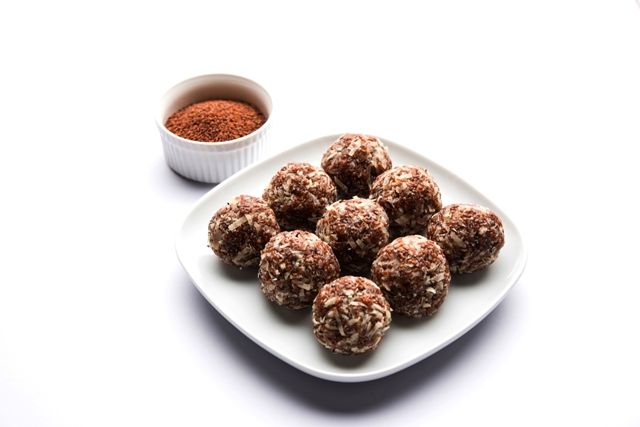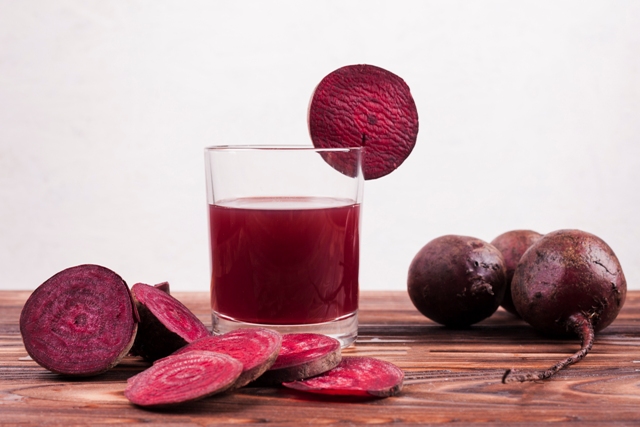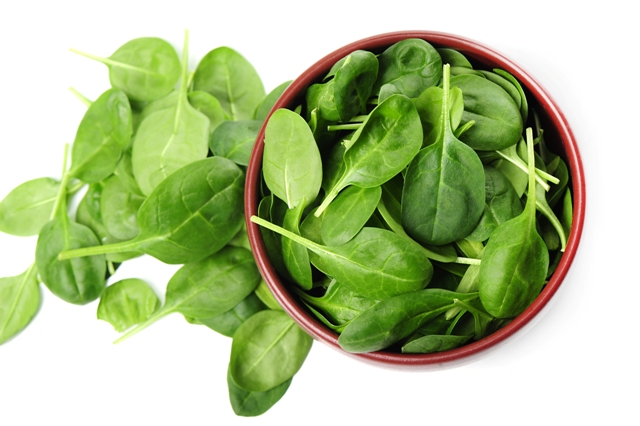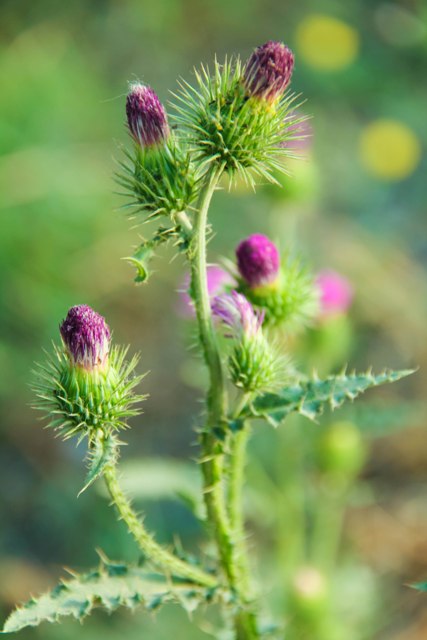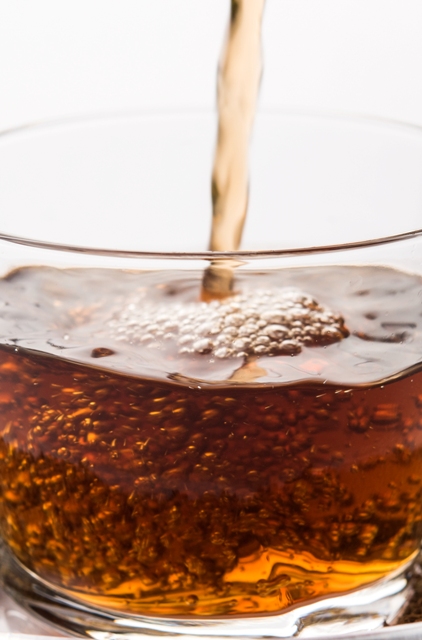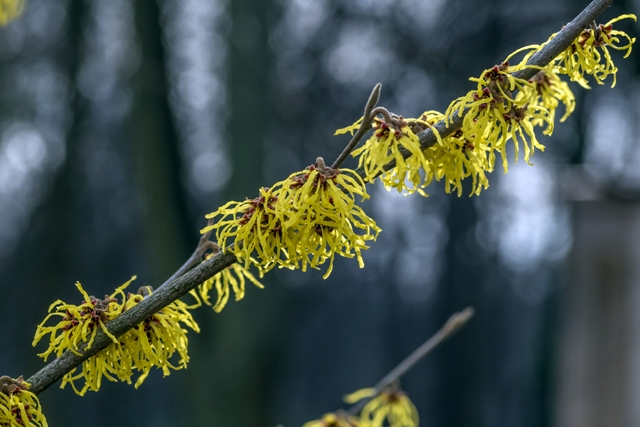Jujube, fibre content, micronutrient contents, phytonutrient contents, anti-allergic activity, hypotensive activity, neuroprotective activity, antioxidant activity, antimicrobial activity, anti-inflammatory activity, sedative activity, laxative activity and anti-carcinogenic activity
Description : Jujube is a small, nutrient dense fruit belongs to Rhamnaceae family. It is native to Europe,
Article Details :
Jujube is a small, nutrient dense fruit belongs to Rhamnaceae family. It is native to Europe, Eastern Asia, Southern Asia and China and offers numerous health benefits.
Nutritional profile
- It contains lesser amount of carbohydrate and protein
- It contains fibre as well
- It contains negligible amount of fat
- It is composed of various important micronutrients like Vitamin B1, B2, Vitamin C, calcium, potassium, iron, zinc, magnesium, manganese, copper and sodium
- It also contains numerous phytonutrients
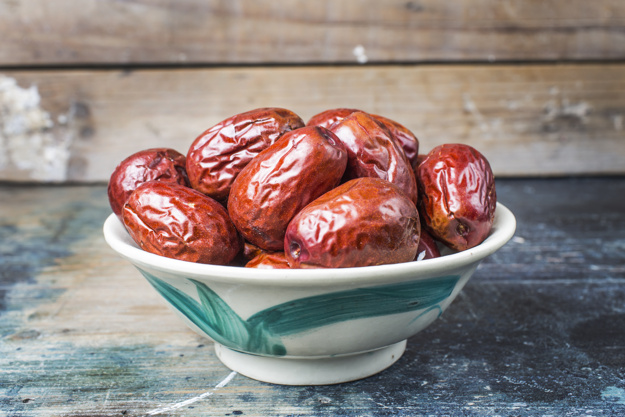
Biological activity
Antioxidant activity
- Its micronutrient contents especially vitamin C content is responsible for exerting antioxidant activity
- It helps to decrease the concentration of free radicals and reactive oxygen species in body thus prevents oxidative damages
- Another important component of jujube is betulinic acid, which plays vital role in increasing the level of glutathione that is also related with reducing oxidative stress as a result it helps to decrease the susceptibility of developing chronic diseases
- It also helps to protect the body from the harmful effects of lipid peroxidation
Detoxifying activity
- It is consisting of alkaloids as well as saponins that play significant role in detoxifying blood
- It is very beneficial for stimulating the process of toxin elimination thus its consumption is believed to be extremely helpful for protecting the body from several blood related diseases
Hypotensive activity
- It exerts potent hypotensive activity thus it is extensively used as an imperative remedial action for hypertension
- It helps to regulate the level of nitric oxide in body that plays imperative role in decreasing high blood pressure
- It helps in vasodilation, which is also related with maintaining blood pressure
- It contains lesser amount of sodium whereas it is significantly rich in potassium. This proportion of sodium and potassium makes it an important hypotensive substance
- Potassium component of jujube is also associated with relaxing the blood vessels, which ultimately helps in smooth blood flow that reduces high blood pressure
Anti-carcinogenic activity
- Its polyunsaturated fatty acid contents like palmitoleic acid, linoleic acid, oleic acid etc show anti-carcinogenic activity. It is also composed of several triterpenic acids such as alphitolic acid, betulinic acid, ceanothic acid, ceanothenic, zizyberanal, epiceanothic, oleanolic and zizyberanalic acid, which are also responsible for exerting anti-carcinogenic activity
- It is closely related with showing cytotoxic effects that significantly reduce the prevalence of carcinoma
- It helps to suppress the growth of malignant cell by modulating apoptotic process
Anti-inflammatory activity
- Betulinic acid component of jujube exhibits strong anti-inflammatory activity, which is associated with preventing inflammation, swelling and pain
- It plays significant role in decreasing the concentration of inflammatory mediators in body, which are considered as one of the most important causative factors of inflammation
Antimicrobial activity
- It shows antimicrobial activity too that helps to prevent the growth and reproduction of microbes especially disease causing microbes within host thus its consumption is thought to be very much helpful for decreasing the prevalence of infectious or communicable diseases
- It has seen that jujube is very effective for inhibiting the growth of Escherichia coli as well as Staphylococcus aureus
Anti-allergic activity
- It exerts anti-histaminic activity that helps to prevent allergic reaction in body
- It is related with stabilizing mast cell too, which modulates immune properties
- It is very effective for preventing anaphylaxis of allergic rhinitis
Health benefits
Role on digestive health
- It has been traditionally used as an important preventive measure for various digestive disorders
- It helps in digestion as well as absorption of nutrients. It is also associated with improving the functionality of AMPK enzyme that helps in cellular energy homeostasis
- Its fibre content makes it an effective laxative thus its consumption helps in improving bowel movement that promotes regularity and prevents constipation
- It is related with improving the intestinal barrier functions thus plays significant role in preventing inflammatory bowel disease
- Its pectin content also exerts anti-diarrheal activity
Role on nervous system
- It imparts strong neuroprotective Read more

